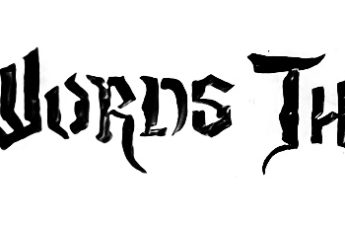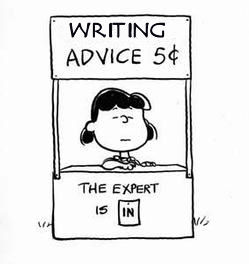Earlier this year, before acquiring an agent, I wrote a very short, like back-of-book-blurb, romantasy proposal that I sent to an editor I had access to. She asked for a full proposal (a full synopsis, 3 chapters), and that’s been on a back burner while I’ve been doing a thousand thousand other things. But yesterday I got to get started on it, and… I’ve talked often about how I tend to get to the 1/3rd mark in any book, no matter how long, and hit a wall that I have…
Tag: process
not dead! busy month, tho
Iiiiiii…have been meaning to post, and just not doing it because I’ve been working, and don’t want to distract myself from work. But! I got an extension on the book so I’m going to take a minute to do a short blog. I went to Eastercon the last weekend of March, and it was WONDERFUL, but I haven’t had enough time to blog about it. Hopefully next week when I’m done with this book, which… I’m ALMOST done with the 6th Dublin Driver book. There I was, 60K into a…
Process Post: on edit letters
There was a discussion going on over on Bluesky about dealing with edit letters, and this truth came up: “Editors aren’t always right about the solutions, but they’re nearly always right about the problems.” That thread went on to discuss how the person quoting it, who happens to be KJ Charles whose books I read all of last year and who is also an editor, approaches edit letters; her approach involves suggesting ideas to fix the problems, because it opens the writer’s mind to the possiblity that the book could…
beta readers
I did something very unusual this weekend, which was send a book out to beta readers. Normally I…don’t do that. Broadly speaking I feel writing a book is largely a closed loop between myself and my editor: she’s the source of feedback that I need, and I generally find adding more people in to that cycle to be very stressful. I am, in fact, finding it very stressful, which is totally on me, not the readers: they’re providing feedback in exactly the way a writer wants them to, which is…
Writing Wednesdays: Synopses
My latest question from the peanut gallery was about how I write synopses. Or at least, I think that’s what it was about: the entirety of the question, actually, was, “Synopsis?” :) I’ve talked about writing synopses before at least once, in depth, as part of the Great Plot Synopsis Project (warning: that contains the entirety of the (2 page) synopsis for URBAN SHAMAN, and is therefore spoilery). However, that was written in early 2008, and I have Changed My Process since then. Specifically, in fact, I’ve changed it in…



